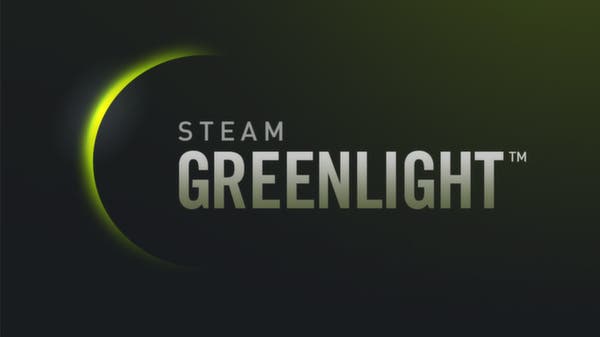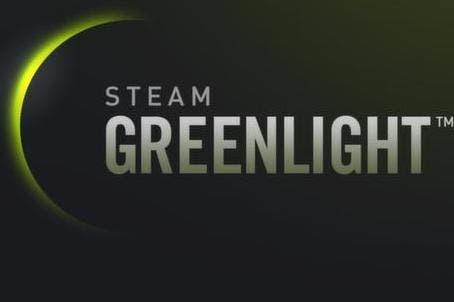Valve is removing Steam Greenlight this spring
And replacing it with Steam Direct.
Steam Greenlight, the service that lets players vote on which products they'd like to see available on Valve's popular storefront, is being removed this spring in lieu of a new system that will put products directly on shop.
It will be called Steam Direct.
The reason for this is simple: Valve wants to remove the barrier between developers and their audience. In the current Greenlight economy, developers have to campaign for their products to get noticed before they're allowed on the storefront. This has led to a lot of anxiety for developers, uncertain of when - or even if - their product will launch.

"Right now the system of Greenlight, as a way of bringing your game to Steam, inherently has a bunch of unpredictability in it," said Valve's Aiden Kroll at a media roundtable attended by Eurogamer at the company's Bellevue, Washington headquarters.
"As a developer, I post my game to Greenlight [and] I don't know how long it's going to take until my game is greenlit," he added. "So it makes it hard for me as a developer. Am I going to be able to release on date X? When should I start spinning up any community outreach? When should I start talking to the press about my game? As soon as there's some amount of unpredictability in that process it makes a bunch of other things much more difficult for developers."
Another reason Valve wants to remove this barrier is because Steam has simply grown so much that Valve simply can't curate the quantity of content coming in. "Just in the last year we've brought 16m new users to Steam," said Valve's Tom Giardino, who noted that these new users come from all over the world and seek different types of experiences.
"One of the things we've seen is that as the number of developers from a country grows on Steam, the number of customers from that country also grows. It's hard to say if that's causation or correlation, but we're seeing a lot of really encouraging growth in new areas," he added. "We have more and more customers who have broader tastes, so looking back at 2012 or 2013, we probably missed good games and didn't make perfect decisions then and there's no way we could make good curation decisions for all those different customers now."
The fear of removing Valve as a gatekeeper is that the market will get flooded with dreck. To this, Giardino said that quality is subjective.
"It's actually really hard to define accurately, across the board, like 'bad games', [i.e.] games that are bad to everyone all the time. Or good to everyone all the time," he said.
"The customer who has 25 visual novels in their Steam library is really hoping we release more visual novels, whereas the person with a bunch of other types of games will never buy a visual novel no matter what happens. So those customers are just looking for different things."
That's fine for more experimental fare - say the works of Robert Yang, for example - but what about more nefarious content, such as games made in poor taste simply to offend?
To counter this, Valve is changing its application fee. Right now developers pay $100 and can submit as many games as they want to Steam Greenlight. Steam Direct, however, will have a more substantial fee and charge per title.
How substantial a fee, you ask? Well, Valve's still figuring that part out. If it's too expensive, hard-working but broke developers won't be able to afford it. Make it too light, however, and Steam could get inundated with offensive troll titles. Right now the thinking is that it will be somewhere between $200 and $5000.
"The idea is that you're paying a fee per app," said Giardino. "So there's more of a deterrent there."
"It's specifically to swat after doing nefarious, jokey stuff," added Valve's Doug Lombardi. "Like, on the high side, is it really worth a few grand for a joke?"
There will be some content that skirts the line here and when that happens Valve will have to look into the legality of such matters.
"Once we have this direct path, there's going to be certain types of content where we just say 'we just can't support that right now,'" Kroll said. Such cases will hopefully be rare.
Steam Direct still has some teething issues to be worked out, which is why Valve is announcing it now but not implementing it until later this spring.

